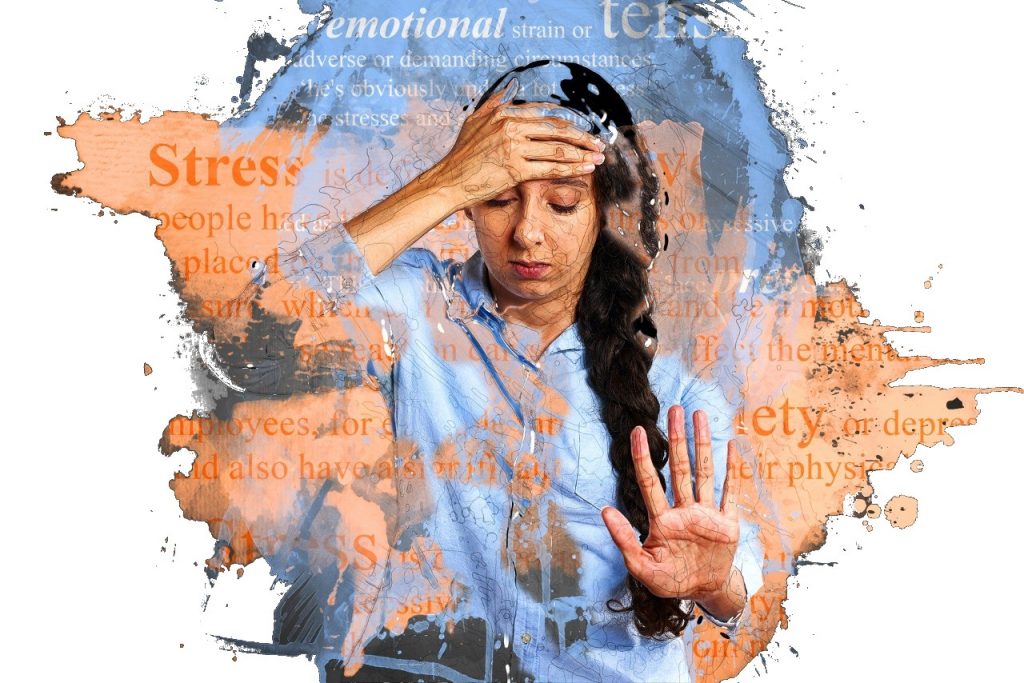By: Saima Sammar
World Mental Health Day, observed every year on October 10th, aims to raise global awareness about mental health issues and galvanize efforts to support mental well-being. In Pakistan, a country grappling with cultural stigmas, societal pressures, and a lack of healthcare infrastructure, addressing mental health remains a significant challenge.
A Growing Crisis:
Pakistan, with a population of over 240 million, is facing a severe mental health crisis. The World Health Organization (WHO) estimates that nearly 10% of the population—approximately 24 million people—suffer from mental health conditions such as depression, anxiety, schizophrenia, and substance abuse. Depression and anxiety are particularly prevalent, with women disproportionately affected due to factors like domestic violence and gender inequality.
These figures are likely underestimated, as many cases go undiagnosed or untreated due to social stigma and limited access to mental health services. With only one psychiatrist for every 500,000 people, Pakistan faces a severe shortage of mental health professionals, leaving millions without adequate care.
Stigma and Cultural Barriers:
In Pakistan, mental health remains a taboo topic. Mental illness is often seen as a sign of personal weakness or moral failing, with some attributing it to supernatural causes like possession or divine punishment. Many families avoid seeking professional help, fearing social ostracism, and individuals struggling with mental health issues are often reluctant to admit their struggles.
This cultural stigma is particularly pronounced in rural areas, where illiteracy rates are higher and access to healthcare services is more limited. In such communities, superstitions dominate, leading people to turn to spiritual healers rather than seeking medical treatment, which can delay or worsen the condition.
Economic Strain and Mental Health:
Pakistan’s mental health challenges are deeply intertwined with its socioeconomic conditions. High poverty rates, unemployment, and inflation place immense pressure on individuals, leading to increased mental health problems. The COVID-19 pandemic further exacerbated these issues, as anxiety, depression, and substance abuse cases surged during lockdowns.
Political instability, economic crises, and the growing impact of climate change have only worsened these stressors, pushing many toward mental health crises.
Policy Gaps and Resource Shortages:
Pakistan’s mental health policy framework remains weak. The Mental Health Ordinance of 2001, which replaced the outdated Lunacy Act of 1912, was a positive step but has seen limited implementation due to a lack of government commitment and resources. The ordinance focuses more on legal and regulatory aspects, while neglecting broader public health concerns like prevention and community support.
Mental healthcare is further constrained by poor resource allocation, with less than 1% of the total health budget directed toward mental health services. Public hospitals with psychiatric wards are few, and in rural areas, mental health services are nearly nonexistent. In the absence of adequate public healthcare, the private sector often fills the gap, but the costs make services inaccessible to many.
Religion and Spirituality in Mental Health:
Religion is a central part of life in Pakistan, and some view mental illness through a religious lens, believing that faith and prayer will lead to healing. However, there is potential for religious leaders to play a positive role by encouraging more informed conversations about mental health. In recent years, some Islamic scholars and health professionals have advocated for integrating religious and psychological support, creating a more holistic approach to mental well-being.
Media, Education, and Breaking the Silence:
The media in Pakistan has begun playing an important role in normalizing discussions about mental health. Celebrities, activists, and influencers have shared personal experiences with mental illness, encouraging others to seek help. Awareness campaigns, such as the “Care for Health” initiative, have worked to make mental health information more accessible.
Education also plays a crucial role in shifting societal attitudes. By incorporating mental health education into school curricula, young people can learn coping mechanisms and better understand their emotional health. Universities and workplaces are also starting to offer mental health support, encouraging people to prioritize their well-being.
Building a Supportive System:
Tackling Pakistan’s mental health crisis requires a comprehensive approach. The government must invest more in mental health services, particularly in training professionals and expanding facilities. Mental health should be integrated into the broader healthcare system, ensuring that services are available to marginalized groups, such as rural populations, women, and children.
Public awareness campaigns are essential in destigmatizing mental illness, while schools and workplaces should offer mental health programs and counseling services. Partnerships with NGOs and international organizations can also strengthen the country’s mental health infrastructure.
World Mental Health Day serves as a crucial reminder of the urgent need to address mental health issues in Pakistan. While progress has been made in raising awareness, much more is required to tackle the mental health crisis in the country. With a combination of government action, societal change, and community support, Pakistan can begin to prioritize mental health and ensure that everyone has access to the care they need.


